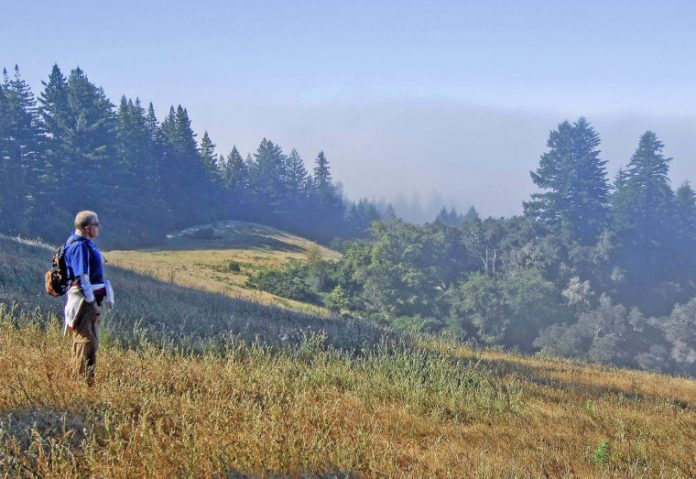Ryan was defiant, angry and was dabbling in an abundance of risky behaviors. He wandered the streets when he should have been in school. He had little motivation and less self-esteem. Ryan was sixteen years old and headed for trouble.
His parents enrolled Ryan in an Outward Bound Intercept course, a 28-day wilderness program for struggling teens. When Ryan returned, he called the course hard, both physically and mentally, and he called it the best experience of his life. His parents say Ryan “gets it” now. He takes responsibility for his actions and is motivated. Ryan says he learned more about himself in twenty-eight days than he had in his previous sixteen Rams. And oh, he said it was fun.
Many organizations like Outward Bound take troubled teens, struggling veterans and others into the wilderness to find their better selves. While these organizations provide the structure, the wilderness provides therapy.
We have always intrinsically understood that time in nature is good for us in a fluffy feel-good sort of way. But most of us would not call it critical for good health like diet and exercise. Getting outdoors is nice, but it is not vital to a healthy life. It takes studies with lots of numbers and charts to certify something is that important.
Recently, science has confirmed and even emphasized the importance of time in nature to our basic health. Peter Kahn, a psychology professor at University of Washington, cites one hundred studies that confirm time in nature reduces stress. Other studies show time in a green environment lowers blood pressure, reduces headaches, illnesses and irritability. It also stimulates creativity, inventiveness and imagination. And on and on.
These benefits are not just for wilderness travelers. They are as handy as a vacant lot or a city park. A study of Chicago public housing showed 56 percent less violent crime in housing blocks set in green spaces compared to housing blocks surrounded by urban bricks and mortar. It is “well established” that hospital patients whose windows look toward a green space recover faster and have fewer complications.
Back to Outward Bound and wilderness programs. Ninety-six studies from 1968 to 1994 “concluded that Outward Bound wilderness programs stimulate the development of interpersonal competencies, enhance leadership skills and have positive effect on an adolescent’s sense of empowerment, self-control, independence, self-understanding, assertiveness and decision-making skills.” Who among us, particularly a troubled young person, couldn’t benefit from more of any of those?
From their countless studies, researchers now believe that “the quality of exposure to nature affects our health at an almost cellular level.” That is big medicine – free of charge and with no side effects. This summer, I encourage you to elevate time in nature from a nice diversion to an important and regular practice. And when you go, leave the iToys behind. You will see that the silence is not boring or scary. Your cells and your spirit will love it.
Clouds Rest Update: Our fifth hike in preparation for our July 13 assault on Clouds Rest is 9 a.m. June 1 at the Hunting Hollow entrance to Henry Coe State Park. As our appointment with Clouds Rest draws closer, these hikes grow more challenging. The loop is strenuous – about eight miles – and climbs several hundred feet above the hollow. From Gilroy, go up Roop Road toward Coyote Reservoir. Hunting Hollow is on the Gilroy Hot Springs Road about three miles past the turnoff to Coyote Reservoir. There is a $6 day-use fee and dogs are not permitted.










